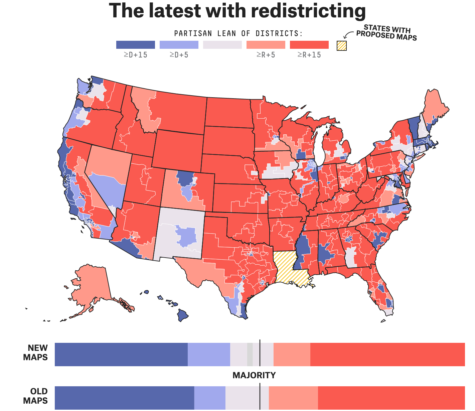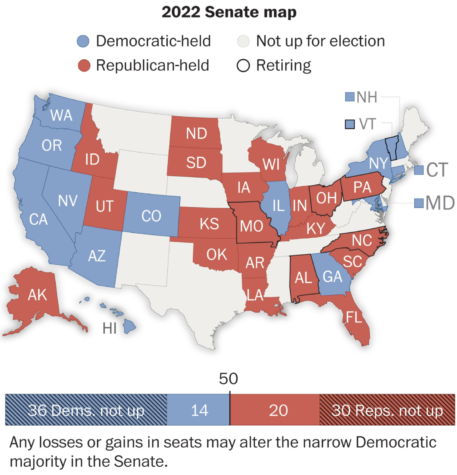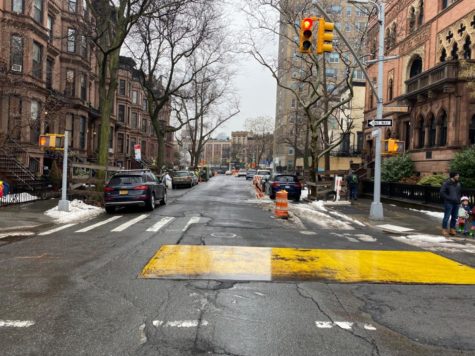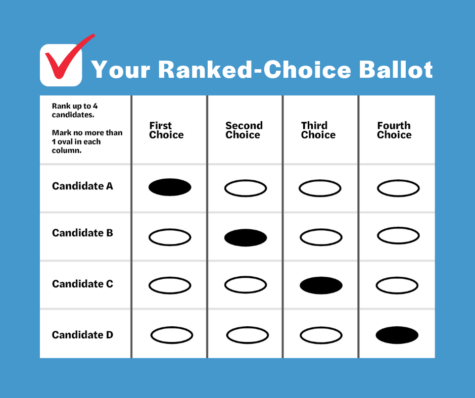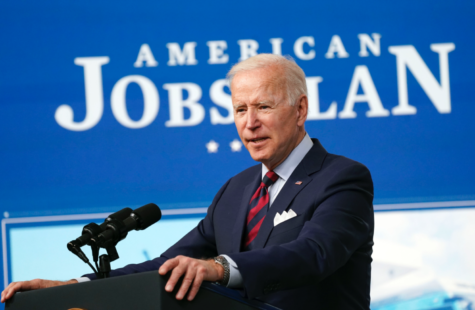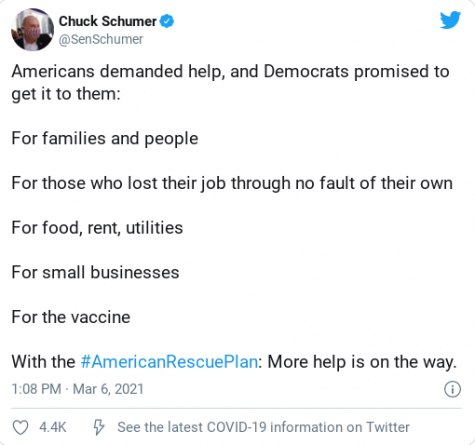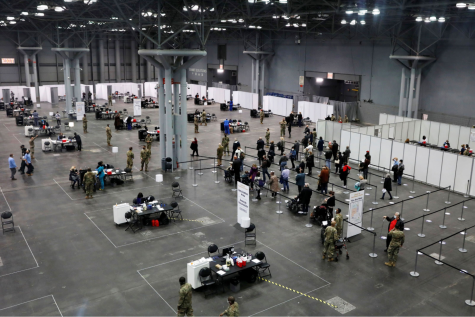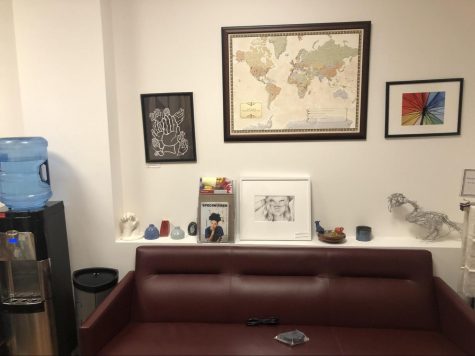At the TechNYC Mayoral Forum
On April 8th, I had the privilege of attending a forum featuring major candidates in the race for mayor of New York City. I also had the opportunity to further correspond with several of the campaigns. Moderated by journalist Josh Barro, each of the candidates presented his or her own vision for the future of this city, along with different methods for achieving those goals. Moreover, the forum provided an opportunity for prospective voters to meet the candidates and understand who they are as people. The candidates included entrepreneur Andrew Yang, former Sanitation Commissioner Kathryn Garcia, Brooklyn Borough President Eric Adams, former Secretary for Housing and Urban Development Shaun Donovan, Citibank executive Ray McGuire, City Comptroller Scott Stringer, and Counsel to Mayor De Blasio Maya Wiley. In addition, while she did not attend the forum, I corresponded with nonprofit CEO Dianne Morales’ campaign and received her positions on the issues discussed during the forum.
Andrew Yang is the current frontrunner in the polls for mayor, but his lead could drop as more people get to know the candidates. Yang has no experience in city, state, or national government, but he highlighted his proposals to support businesses in New York City as a former C.E.O. himself. Yang understands the importance of talent in reigniting the city after the COVID-19 pandemic ended, and his proposals were focused on talent. Some proposals included giving out gift certificates to workers who came into the city to work five days a week. Yang also lamented losing the Amazon HQ2 campus and stated that he was the only candidate who supported HQ2 (in fact, Ray McGuire also supported HQ2). Yang’s public profile has given him constant media coverage to eclipse the other candidates in the race.

Following Yang was Sanitation Commissioner Kathryn Garcia. Garcia also focused on the importance of talent, in addition to quality-of-life issues like garbage collection, fixing the New York streetscape, and expanding broadband across the city. Garcia wanted to prioritize working within the system while still acknowledging its flaws. In the Democratic ranked-choice primaries, this strategy may provide Garcia with enough second or third votes to secure a victory in the mayoral race and become the first female mayor.
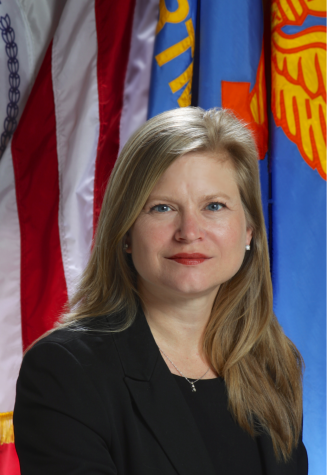
Eric Adams, the current borough president of Brooklyn, identified his willingness to work hard for New Yorkers as a strength, mentioning his intentions to reform city bureaucracy to work more efficiently. Adams also focused on affordability in housing and filling empty housing units with people who need them. Moreover, in order to attract investors to the outer boroughs, Adams prioritized the expansion of high-speed broadband and transit infrastructure in the outer boroughs of the Bronx and Queens where these services are badly needed. This campaign platform seems calibrated to attract the Democratic party organizations that ensure turnout in mayoral elections. With a long list of endorsements, Adams has major support from the Democratic establishment and the local parties of New York.

Candidate Shaun Donovan was the former Secretary of Housing and Urban Development and director of the Office of Management and Budget, both under President Obama. Donovan focused on making sure homeless people were able to move into affordable housing, along with ensuring that people on the brink of homelessness were able to stay in their houses and apartments. He also proposed the concept of “fifteen-minute neighborhoods,” where all the necessities of living in New York were within a fifteen-minute radius of your house. Donovan intends to promote innovation and make New York the place for new technology. He proposed a “baby bond” system, similar to a system in New Jersey, that would aim to provide children $1,000 at birth and adding $2,000 annually until they graduate high school. Donovan’s website and campaign have incredibly thoughtful policies outlined that are popular with New Yorkers.

Raymond McGuire is a former executive from Citibank. McGuire plans to use his business expertise to rebuild the city with a vision to remake New York a center for large companies. This involves incentivizing businesses through subsidy packages, cutting state taxes, expanding broadband access, and ensuring inclusivity in business. Like Adams, McGuire wants to streamline bureaucracy, most notably with cheaper construction leading to expanded housing.

Scott Stringer is the current City Comptroller and former Borough President of Manhattan. Stringer is an experienced civil servant and has audited every one of the city agencies, giving him a unique ability to work through city bureaucracy. Stringer intends to build the post-pandemic recovery around small businesses, providing millions of dollars to stimulate small businesses. In addition, Stringer plans to add new infrastructure to help expand broadband access in the outer boroughs of the city. Many policies are framed through a lens of stopping, or at least slowing, climate change. Stringer has received many endorsements from New York unions and progressive organizations. Stringer was recently accused of sexual harassment, and many endorsements have been rescinded. It is unlikely that his candidacy survives the allegations.

The final candidate was Maya Wiley, current counsel to Bill de Blasio and an MSNBC legal analyst. Wiley focused on the ways in which systemic racism impacts homelessness and entrepreneurship in communities of color. Wiley proposed universal broadband to close the digital divide, proposing unique strategies for public-private partnerships. Wiley also discussed pandemic-related improvements to help small businesses return to the city. These include removing surprise health inspections for restaurants that do not help their operations, to fixing city codes to enable outdoor seating. She intends to revitalize the city by reimagining the streetscape and planning more open space. At a forum largely defined by moderates, Wiley stood out as an exciting progressive candidate for the city.

While she declined her position to debate at the TechNYC forum, Dianne Morales has emerged recently as an exciting progressive alternative to Scott Stringer and Maya Wiley. Morales has called for remaking New York’s social contract in a way that benefits people who have consistently been left behind. This includes doing away with standardized testing, expanding the subways, striving for net-zero carbon emissions, moving 3 billion dollars from the NYPD to social services, declaring housing a right, and reforming NYCHA, among other proposals which seek to thoroughly transform the city. Morales brings a unique perspective to the mayoral race as a former teacher and the head of a housing non-profit. With Stringer embroiled with sexual assault allegations, Morales has emerged as the dominant progressive choice in the race with a first-place endorsement from the Working Families Party. Her grassroots campaign has ignited the passion of progressive activists in New York and even if Morales loses the mayoral election, her movement will continue beyond this campaign.

Right now, Andrew Yang seems secure as the frontrunner, but a lot can change from now until the election. Eric Adams could push ahead over Yang, as more information comes out about Yang’s background and qualifications as the New York Times reported this weekend. A veteran civil servant like Shaun Donovan or Kathryn Garcia or a progressive like Maya Wiley or Dianne Morales could gain support as New York organizations roll out their endorsements. The next mayor of New York City will have to shepherd the city out of the pandemic era, managing more than 300,000 municipal employees, 72 separate agencies, and a city of almost 8.5 million people.

